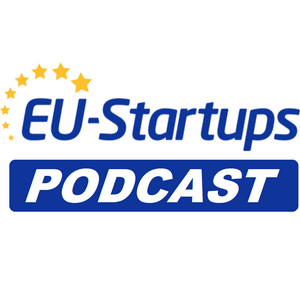In this episode, we sit down with Fridtjof Berge, co-founder and Chief Business Officer at Antler, one of the world’s most active early-stage venture capital firms. Since launching in 2017, Antler has backed more than 1,650 startups globally and, according to recent data, has now made over 1,800 investments across six continents, supporting founders from day zero.
Fridtjof shares his journey from McKinsey and Harvard Business School to building a global VC platform operating in 27 cities, from San Francisco and New York to Berlin, Singapore, Tokyo and Sydney. We explore how Antler scaled from deploying €5.4 million across 44 startups in 2019 to launching a €30 million Nordic fund in 2021 and a €150 million Nordic fund in 2023.
We also dive into Antler’s latest report, “The Anatomy of Greatness”, analysing a decade of unicorn creation from 2014 to 2024. The data reveals a dramatic acceleration in billion-dollar company formation, the rise of AI, shifting founder demographics, and the globalisation of innovation far beyond Silicon Valley.
From backing breakout companies like Airalo and Lovable, to shaping one of the most distributed early-stage investment models in the world, Fridtjof offers his view on what truly sets exceptional founders apart today.
Key Points:
- Antler has made over 1,800 global investments and backed more than 1,650 companies since 2018, operating in 27 cities worldwide
- Unicorn creation has surged from around 4 per year a decade ago to 148 per year, driven largely by AI
AI startups now reach unicorn status in just 4.7 years on average, faster than any other sector
- The average AI-unicorn founder age has fallen to 29 in 2024, even as overall founder age trends slightly upward
- Unicorns have expanded from 30 cities in 8 countries to 300+ cities across 45 countries, reflecting a globalisation of tech entrepreneurship


